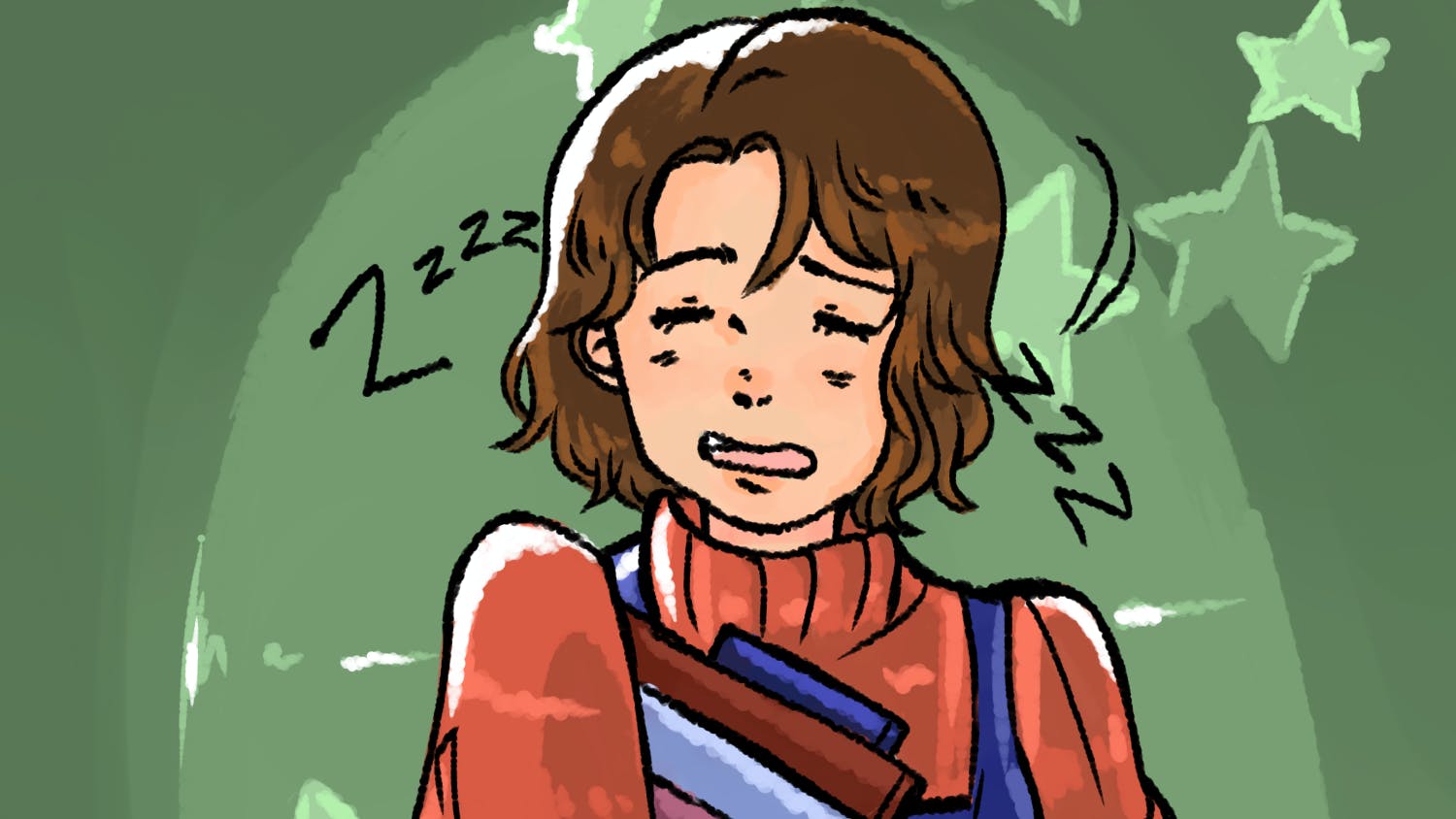In a recent Badger Herald opinion piece, a UW student criticized The Associated Students of Madison’s advisory role in the University, arguing that it does not have legitimate power because of a lack of direct enforcement capabilities. This argument promotes a fundamental misunderstanding of both the purpose and the structure of ASM. In Wisconsin, student power is uniquely protected by state law: “Students have the primary responsibility for advising the chancellor regarding the formulation and review of policies concerning student life, services, and interests” (Wisconsin State Statute 36.09(5)). Our purpose is not and should not be to make policy, but rather to advocate for student interests, advise the University on policies concerning students, and support student involvement across campus.
In the same way that no single organ of the U.S. government has universal power, no single organ of ASM claims to control the actions of all students. ASM is a multifaceted organization whose power to credibly advise university policy is exerted through cooperation among committees and across colleges, coordination of student-run campaigns, and the facilitation of communication between students and administrators.
The Student Council provides a public, open forum for representatives from each college to make advisory statements and hear concerns, but nobody assumes that a piece of legislation will single-handedly convert to new University policy.
The Student Services Finance Committee (SSFC) directly allocates $2.1 million of student segregated fees to empower student organizations and create a marketplace of ideas on campus. The SSFC’s advisory responsibility over the other $49 million has contributed to recent UHS mental health funding increases and initiated a campus-wide referendum to update the Southeast Recreational Facility.
Four open committees (Equity & Inclusion, Legislative Affairs, Sustainability, Campus Relations) encourage unrestricted student participation in the development and facilitation of grassroots campaigns.
The Shared Governance Committee appoints students to over 200 committees comprised of faculty, staff, and administrators. These groups are charged with formulating and reviewing institution, department, and issue-specific policies.
Within the last two weeks, the Student Council, open committees, and shared governance committees successfully advocated for and achieved tangible victories on multiple student issues, demonstrating the effectiveness of ASM’s collaborative network.
The recent proposed ASM Student Council legislation regarding Babcock ice cream, as referenced by the opinion piece, is the most timely example of this network. The editorial completely ignores the actual effects of bringing legislation to the Student Council. This action alone builds a credible foundation which supports and drives future campaign directives. In fact, less than three hours before the opinion piece was published, ASM tabled the Babcock legislation indefinitely because of the progress already being made: all Babcock flavors are now labeled as “containing beef gelatin,” and non-gelatin flavors will now be available at events in the unions, dining halls, and residence halls.
Part of the purpose of student government is to bring attention to areas of student concern which may otherwise be overlooked. By calling out the lack of knowledge on campus regarding the ingredients of a university-produced product, the legislation has been effective not only in educating students, alumni, and administrators, but also prompting real action from the University.
ASM also recently helped secure voter ID printers at all seven on-campus polling locations - an expansion from two locations, which ensures that all students have increased access to voting in this midterm election. This victory can be partially attributed to ASM’s advisory role. Coordination between ASM and the Big 10 Voting Challenge advisory committee facilitated the direct connection of students with relevant administrators and, ultimately, Chancellor Blank, who made the final decision.
is the combined work of these groups which allows ASM to build legitimacy within the university and city and state governments. The assumption that ASM is equal only to the Student Council does a disservice to the functionality of the official student government of UW-Madison. It promotes a lazy and misguided definition of government and power which fails to consider the real purpose of having student government: to amplify the student voice through direct, collaborative action.
Laura Downer (legislative@asm.wisc.edu ) is the Legislative Affairs Chair of ASM and is a junior studying political science, German, and international studies.






